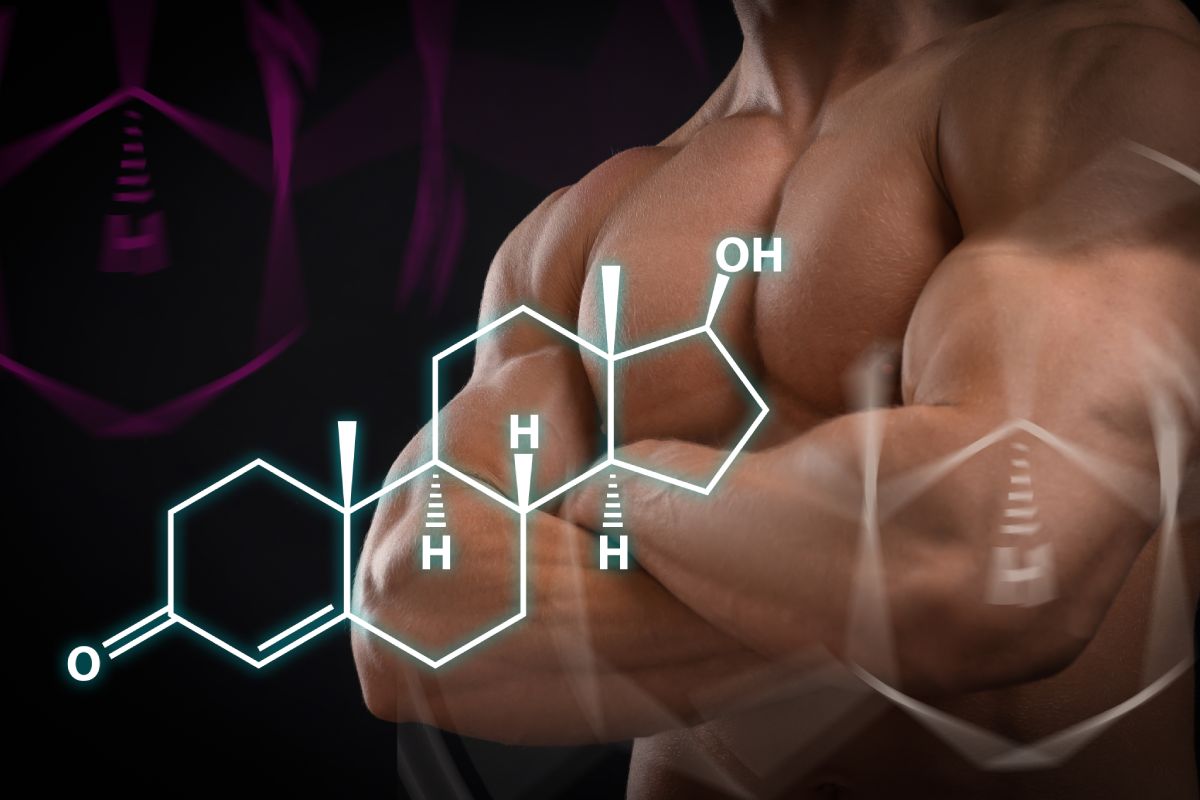Erectile dysfunction (ED) is a condition that affects a man’s ability to achieve or maintain an erection suitable for sexual activity. While there are numerous potential causes, testosterone, a key hormone in male sexual health, plays a significant role in this condition. Explore the connection between testosterone and ED, along with treatment options available.
How Does Testosterone Affect Male Sexual Function?
Testosterone is the primary male sex hormone responsible for regulating libido, maintaining muscle mass, and supporting the production of red blood cells. It plays a role in sexual function. Adequate testosterone levels are needed for healthy arousal and erectile performance. When testosterone levels drop below normal (a condition known as hypogonadism), men may experience a range of symptoms, including reduced libido, fatigue, and erectile dysfunction. Although low testosterone alone is rarely the sole cause of ED, it can contribute significantly to its onset.
What Are Other Causes of Erectile Dysfunction?
Erectile dysfunction can have various underlying causes beyond hormonal imbalances. Physical factors such as cardiovascular disease, diabetes, and blood vessel conditions can impede blood flow, making it difficult to achieve an erection. Psychological factors, including stress, anxiety, and depression, can also play a role. A comprehensive diagnosis is beneficial in identifying and treating the root cause of ED effectively.
What Are the Treatment Options for Erectile Dysfunction?
ED can stem from various causes, and treatment options vary depending on the underlying factors. Here are some common strategies for managing ED:
- Testosterone Replacement Therapy (TRT): For men with hypogonadism, TRT can restore testosterone levels and improve libido. Available as injections, gels, patches, or pellets, it requires medical evaluation and monitoring due to potential side effects like acne and cardiovascular risks.
- Lifestyle Changes: Adopting a healthier lifestyle, including a balanced diet, regular exercise, effective weight management, and quitting smoking, can enhance erectile function and complement other treatments.
- Medications: PDE5 inhibitors like Viagra and Cialis enhance blood flow to the penis. Effective for many, they may cause side effects such as headaches and require a prescription tailored to individual health needs.
- Counseling: Addressing stress, anxiety, or relationship issues through therapy can improve ED caused by psychological factors.
- Advanced Treatments: For severe cases, options like penile implants, shockwave therapy, or PRP therapy may be explored after other methods fail.
By understanding these treatment options, individuals experiencing ED can work with healthcare professionals to find the most suitable approach for their needs.
Why Is Professional Evaluation Beneficial?
Proper diagnosis is necessary to determine the specific cause of erectile dysfunction. A urologist typically conducts a thorough assessment, which includes physical examinations and blood tests to check hormone levels. Diagnostic imaging may also be used to evaluate blood flow.
Consult a Specialist Today
Understanding the role of testosterone in ED and the wide range of treatment options available is the first step toward effective management. If you are experiencing erectile dysfunction, try consulting with a qualified urologist. A comprehensive evaluation can uncover the underlying cause and help you develop an appropriate treatment plan. Explore solutions that work for you. Speak to a specialist to regain confidence and improve sexual health.
- mylovelyfurryfriend discover expert tips on dog health
- Infectious Diseases Updates – Stay Informed, Stay Protected!
- Wegovy For Weight Loss – A Breakthrough in Managing Obesity!
- Emergency Medicine Forum – A Hub for Fast-Paced Knowledge, Support & Updates!
- Pediatrics Discussions – Insights, Challenges, and Expert Advice for Better Child Health!





Leave a Reply